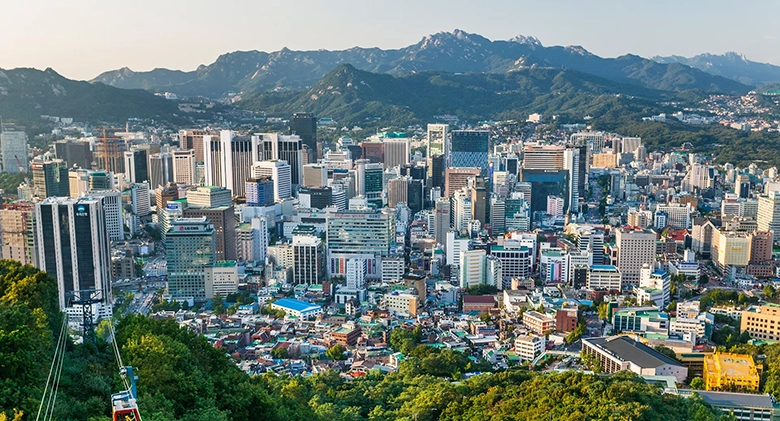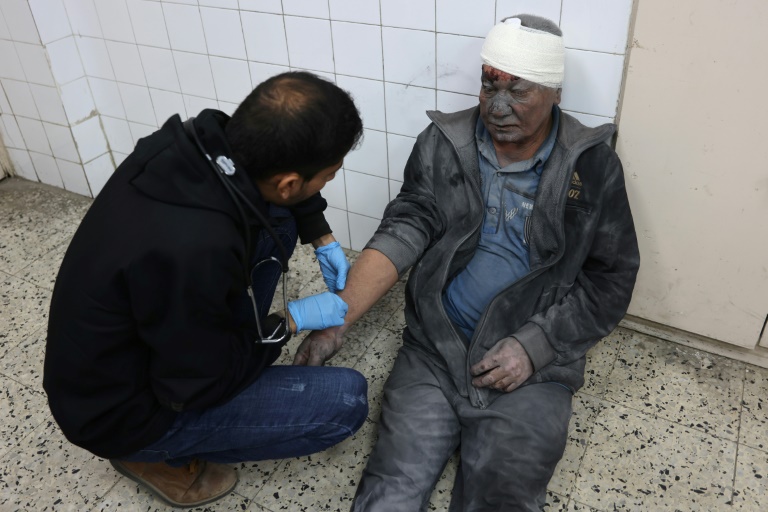British Columbia’s new guidelines will limit international student enrolement

Top Stories Tamfitronics
British Columbia’s Ministry of Post-Secondary Education and Future Skills recently published new measures to improve the integrity of the province’s international student program.
A release from the Ministry says it is introducing new protections and setting higher standards for designated learning institutions in the province. One of these protections is the Education Quality Assurance (EQA) code of practice.
There are three main objectives under the EQA. To start, Designated Learning Institutions (DLIs) in B.C. will be working on “limiting international student enrolment to 30% of an institution’s total enrolment.”
Discover your options to study in Canada
This limit will only apply to the province’s public DLIs. Private DLIs are not impacted.
In an email to CIC News, a Ministry representative said that many of British Columbia’s 25 public post-secondary educational institutions were already under that percentage of international student enrolment.
When asked if this 30% cap on international student enrolment was on top of the current provincial limit of international students, as dictated by the number of Provincial Attestation Letters (PALs) B.C. will issue this year, the Ministry did not specify but did say that the distribution of attestation letters was based on supporting and supporting international student programs at public DLIs.
They also said that Ministry staff will work with institutions to provide time to adjust their student recruitment to meet the target and manage any financial implications. The Ministry says institutions will use their international education strategic plans, identified in the new guidelines, to discuss their strategies to meet the threshold.
British Columbia received an allocation of 83,000 PALs for 2024. These letters verify that a student has been accepted to a DLI in a given province. They are a new step to obtaining a study permit in Canada that was introduced by Immigration Refugees and Citizenship Canada (IRCC) following the announcement of a cap on the number of study permits the department will process over the next two years.
The number of PALs a province is allocated is based on population. British Columbia is Canada’s third most populated province after Ontario and Quebec. How provinces then distribute letters among DLIs is up to provincial governments. In B.C., 53% of PALs will be issued to public post-secondary institutions in 2024 and 47% will go to private institutions.
Top Stories Tamfitronics Transparent fees for international students
B.C. says DLIs in the province will also be expected to post tuition levels for students for the entire time they are studying. This will allow incoming students to know how much their entire education will cost before they start and will help them budget for life in Canada.
International students contribute heavily to Canada’s economy. A recent report by Global Affairs Canada found that in 2022, international student spending amounted to over $37 billion. Data from Statistics Canada also shows that in the 2023/ 2024 academic year international undergraduate students paid an average of $38,081 in just tuition. B.C. currently hosts 111,900 international students in public institutions.
Top Stories Tamfitronics Meeting standards
As part of the EQA, the province will also require that institutions “meet or exceed the institutional quality assurance standards set by the province and is required for all public and private institutions enrolling international students.”
These standards include the “development of international education strategic plans, improved student services, housing supports, and standards to ensure Indigenous and domestic students are not displaced.”
Meeting these standards builds on the International Framework Measures the province introduced last January. These measures included pausing the growth of the number of DLIs in the province, increasing oversight of private institutions and strengthening and publishing compliance and enforcement actions. The province considers the new measures as Phase 2.
DLIs that follow the code will receive an EQA designation. Those that do not meet the EQA code of practice will lose their EQA designation, making them unable to accept international students.
Share your voice
Did you find this article helpful?
Thank you for your feedback.
Did you find this article helpful?
Please provide a response
Thank you for your helpful feedback
Please contact us if you would like to share additional feedback, have a question, or would like Canadian immigration assistance.
- Do you need Canadian immigration assistance? Contact the Contact Cohen Immigration Law firm by completing our form
- Send us your feedback or your non-legal assistance questions by emailing us at [email protected]
Join our free newsletter. Get Canada’s top immigration stories delivered to your inbox.
Discover more from Tamfis Nigeria Lmited
Subscribe to get the latest posts sent to your email.



 Hot Deals
Hot Deals Shopfinish
Shopfinish Shop
Shop Appliances
Appliances Babies & Kids
Babies & Kids Best Selling
Best Selling Books
Books Consumer Electronics
Consumer Electronics Furniture
Furniture Home & Kitchen
Home & Kitchen Jewelry
Jewelry Luxury & Beauty
Luxury & Beauty Shoes
Shoes Training & Certifications
Training & Certifications Wears & Clothings
Wears & Clothings
















